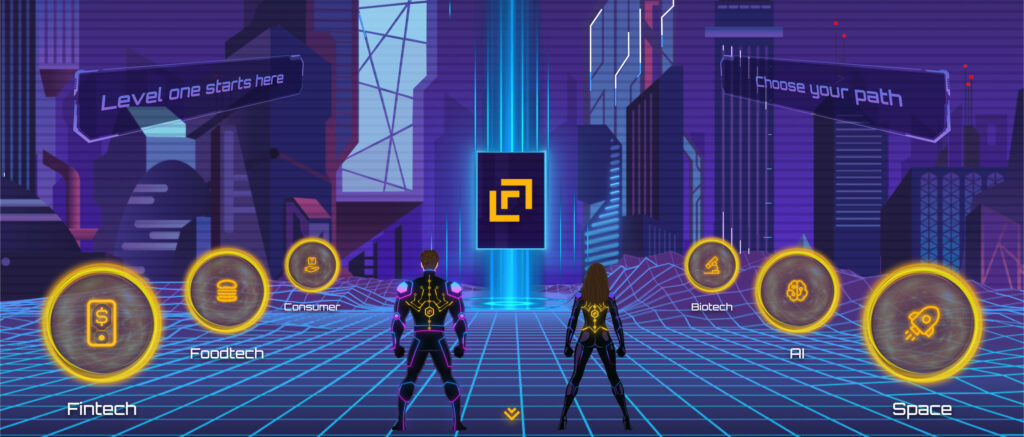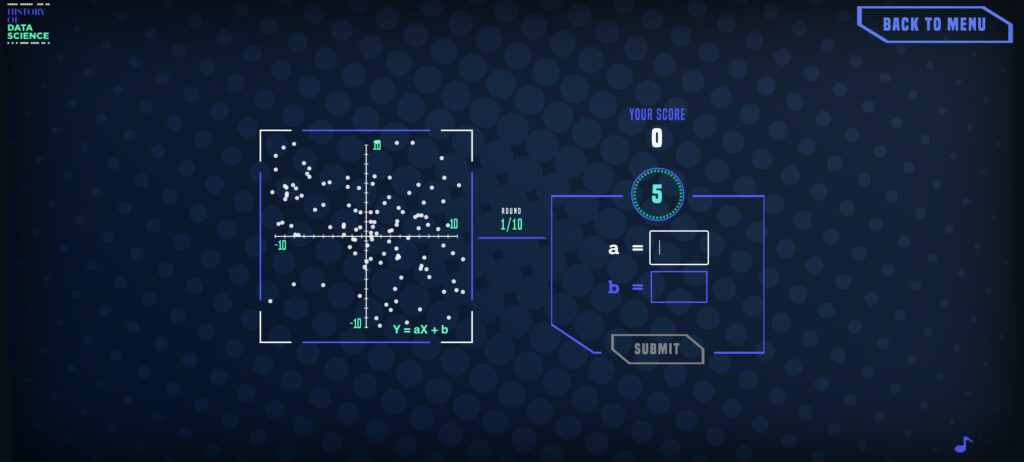Gamification, a concept that incorporates game elements into non-game contexts, has emerged as a powerful tool to enhance user engagement, boost productivity, and drive behavioral change. Across the spectrum of enterprises, businesses, organizations, and educational institutions are seeking innovative approaches to engage their audience and motivate them towards desired actions and are turning to gamification to do just that.
Interactive content takes gamification to the next level by actively involving users in the experience, allowing them to interact, make choices, and have a personalized journey that enhances engagement and enjoyment. Check out our article on Interactive Content here.
Understanding Gamification
Gamification is the art of applying game mechanics and dynamics to non-game environments. By leveraging elements such as points, leaderboards, challenges, badges, and rewards, gamification taps into the innate human desire for achievement, competition, and personal growth. The goal is to create an immersive and enjoyable experience that encourages users to participate, learn, and complete tasks actively.
Benefits of Gamification
Motivating User Engagement
One of the primary benefits of gamification is its ability to motivate users and increase their engagement. By introducing game-like features, such as progress tracking, levels, and clear goals, users become more invested in the experience. This heightened engagement translates into increased participation, improved knowledge retention, and enhanced overall performance. Check out the work we did with Level One Fund, for example.

Driving Behavior Change
Gamified design has proven to be an effective tool for influencing behavior. By integrating game elements with desired actions, the experience creates a compelling incentive structure that encourages users to adopt or modify new behaviors. For example, fitness apps often incorporate gamified features like step challenges, and social competitions to motivate users to lead healthier lifestyles.
Enhancing Learning and Training
Education and training programs have significantly benefited from the integration of gamified design. By transforming mundane content into interactive and enjoyable experiences, gamification promotes active learning and knowledge retention. Features like quizzes, progress tracking, and virtual rewards make the learning process more engaging and encourage learners to explore and master new concepts. History of Data Science’s Regression game pits users against a linear algorithm to identify the parameters before the clock runs out.
Fostering Collaboration and Social Interaction
By incorporating multiplayer elements, team challenges, and leaderboards, gamified platforms create a sense of community and healthy competition. This social dimension adds an extra layer of motivation and encourages users to interact, share experiences, and work together towards common goals.
Gamification in Marketing and Customer Engagement
Businesses are increasingly leveraging gamification as a marketing strategy to attract and retain customers. By gamifying their products or services, companies can create immersive experiences that captivate users and build brand loyalty. Loyalty programs, interactive advertisements, and reward-based systems enhance customer engagement and encourage repeat interactions. Check out our Spin to Win promotion and product quiz we created for Country Life Vitamins.

Designing Effective Gamified Experiences
While gamification offers tremendous potential, designing experiences that align with the target audience’s needs and motivations is crucial. Successful gamification relies on thoughtful game mechanics, clear goals, and well-defined feedback loops. It is important to strike a balance between challenging and achievable tasks and ensure that the rewards and recognition offered are meaningful and satisfying.
Gamification can absolutely be a brand asset, but like anything, it has social implications stemming from unintended consequences that can easily make it a liability. In some instances, gamified experiences train users to prioritize rewards, which can lead to unhealthy competition among user bases. Further, if not properly defined, the rewards on offer actually reinforce bad, or wrong behaviors. This is not to say that gamification shouldn’t be a tool at your disposal, or that it isn’t worthy of consideration, but proceed with caution: the only place to go after leveling up, etc…”
– James Weiss, Vice President
In Conclusion
Gamification has emerged as a game-changer in various domains, transforming user engagement, behavior change, learning, and gamified marketing campaigns. Organizations and entities alike can tap into the innate human desire for achievement, competition, and social interaction, and motivate users towards desired actions by establishing a unique environment that helps communicate their aim. However, effective gamified design requires a deep understanding of the target audience and careful consideration of game mechanics, and when done correctly, gamification has the potential to revolutionize engagement and drive meaningful results.
So, whether you’re an educator, business owner, or simply interested in enhancing user engagement, exploring the world of gamification and embracing gamified design can open up a new realm of possibilities.

